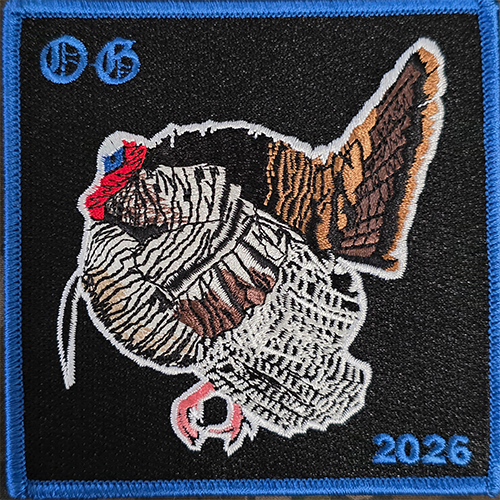Ever wonder why we call certain calls Locator Calls and Shock Calls? And how they really work? How they really attract or aggravate that Ol' Tom into gobblin' his fool head off? I have been doing some research on this, and from reading and talking to everyone these are my personal findings...
1.
Quoted from S. Nagly III " Tom turkeys, bless their little bird-sized brains, are susceptible to mood swings they probably aren't even aware of. Some days they'll gobble at practically anything and some days they might as well be rocks on the moon." This tells me that the wary Ol' Tom sometimes he feels like a nut and sometimes he don't!! LOL Mood swings effects us all, human and animal alike, and when we are experiencing them we tend to sound off because we just don't want to hear anything at the moment it happens...
" Mood swings are excessive or abrupt changes in your frame of mind. Your mood may suddenly shift from elation and euphoria to extreme sadness or terror, and then on to another emotion." Healthgrades Editorial Staff...so if Mr. Tom is experiencing mood swings as indicated by Nagly suggests, then he is only reacting out of the sudden shift of his mood? Ha.....If a Tom is so moody he has to be facing some sort of bi-polar disorder too....I tend to think this one is too far out there....another reason given that I have found comes from a fella who seems to be real knowledgeable in some areas of turkey hunting, he says and i quote..
" A shock gobble is just what it implies. When turkeys first hatch thay are vulnerable to the world of predators. Most shock gobbles are predator related, cyot's, hawks, crows, owls and so on. The first thing a young turkey learns is that that these noises mean danger." I understand that from an early early age turkeys are taught to listen for those predators as a line of defense, and I also understand that as they grow older, Toms tend to allow the hen to do most of the warning calls to their young or group, I just have a problem with believing that Toms are "watchmen" for the group as they are perched on a limb...and my response was echoed by a fella from this same site ...
"It has nothing to do with a predator- prey relationship..its simple some type of sharp noise that stimulates them to gobble..probably has more to do with a rise in hormones in the spring. " Here we go...I think we are getting closer...the words SHARP NOISE and STIMULATE together are important..Toms hone their sharp sense of hearing listening for other toms trying to dominate the area, and they know that the loudest tom usually gets the hen's attention, so what do they do ...the try to out loud the other guy by responding to sounds that seem a little out of place or sounds that wold command a response to further his need to show dominance...this is my thought on the shock method...you have yours...is there something in the pitch of a caw that hits a nerve in a gobbler? I have been told that there are distinct sounds (pitches) within the a crow's cawing or when several crows are cawing in sequence that have a notable resemblance to a Tom's Gobble threaded into them...hmmmm let me see....go here....
http://www.soundsnap.com/multiple_crows_far_and_wide_calling_and_cawing_aos01836 what do you hear? Are there any similarities to this?
https://www.allaboutbirds.org/guide/wild_turkey/sounds Is it Mood Swings, predatory awareness , sound pitch or dominate authority .....or just plain old horniness...what are your thoughts?















